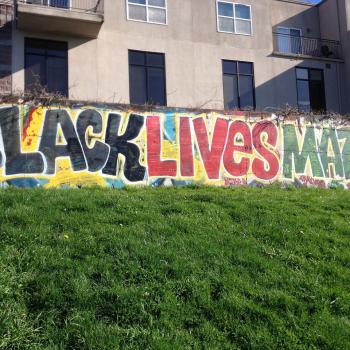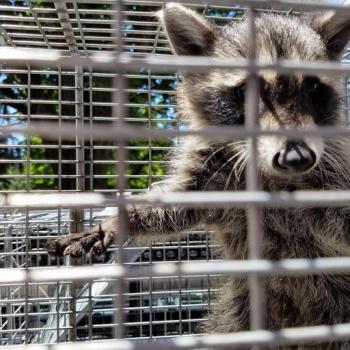
He offered protection.
Story: “Don’t go away. Stay with the women who work for me.” This affords Ruth a known group of friendly workers. Remember, she is a foreigner from Moab, an antagonistic neighbor. She has migrated with her poor, socially outcast mother-in-law. For her social status alone, Ruth risks exploitation and rejection. But Boaz won’t have it. He uses his power on her behalf, offering a friendly community to her.
He then goes further: “I have told the men not to lay a hand on you.” What?! The very statement infers that men did “lay hands” on women regularly. She is particularly vulnerable to predatory men without the group of women with which she now works. Boaz reinforces his protection of Ruth by actively warning the men that she is “under his wing,” so to speak. In this he shows her mercy, protecting her from evil that could befall her.
Application:
Where do you stand in your social hierarchy? School. Work. Race. Position. Bank account. Family. Education. Location. Evaluate your influence.
Wherever we find ourselves, let’s look around with eyes opened to the “other.” We must ask ourselves where we can, like Boaz, extend mercy to those outside “the group,” where we can offer acceptance, a helping hand, protection from potential harm. Befriend the new kid, show the new employee how things work, include the oddity at lunch one day, warn the troublemaker to move along. Use your powers for good, on behalf of those without.
He offered provision.
Story: By allowing Ruth and other gleaners access to his fields, Boaz merely obeyed the Law. He could hold his head up and say he was a good guy. And he was. But Boaz aspired to godliness, not merely goodness. Verse 9b shows him offering Ruth access to the water jars that his men have filled. Again, not a privilege normally afforded the gleaners. Even Ruth knows this, as she bows before him in gratitude and awe at his generosity. “Why have I found such favor in your eyes that you notice me—a foreigner?” (v 10).
Soon afterward, Boaz offers Ruth a lunch break, where “he offered her roasted grain. She ate all she wanted and had some left over” (v. 14). Beyond that, he instructs his workers to move her to the front of the gleaners where she would be close to the harvesters themselves. “Pull out some stalks for her from the bundles …”
He’s setting her up for success! She ends up going home to Naomi that evening with a load of grain equal to 22 liters—a rather large portion for just one day’s work. Naomi’s reaction reflects the astonishing events of the day: “Blessed be the man who took notice of you!” (v. 19b). By his actions toward Ruth, Boaz moved past obligation into grace. He could have stopped at the letter of the Law—allowing her to glean—but he showed mercy through protecting her from potential harm, and then grace by moving her to the front of the line and loading up her take-home pay. Abundant, extra, undeserved favor. [Chapters 3 and 4 get even better.]
Application: Whom can we empower? Where can we go beyond average gestures into extraordinary generosity? Giving our power away doesn’t take it away. God has blessed us to be a blessing to others. We are not gifted with skills, resources, and position in order to merely enjoy them. We have a duty to our fellow humans to steward our gifts for others’ benefit. In this we reflect God’s heart as seen in Jesus: “Because of his great love for us, God, who is rich in mercy, made us alive with Christ even when we were dead in transgressions—it is by grace you have been saved” (Eph. 2:4).
~
Giving our power away doesn’t take it away.
~
When I drop off my children at school, I often ask them, “How can you be a blessing today?” We seek concrete answers such as, “Pick up trash. Open the door for someone. Invite someone new to eat lunch with me. Speak up when friends are being mean. Be kind on purpose.” How those play out looks different for each child, each day. But the main idea is to help them think outside themselves, to be others-focused.
We adults must do the same. When we do, God is glorified.












